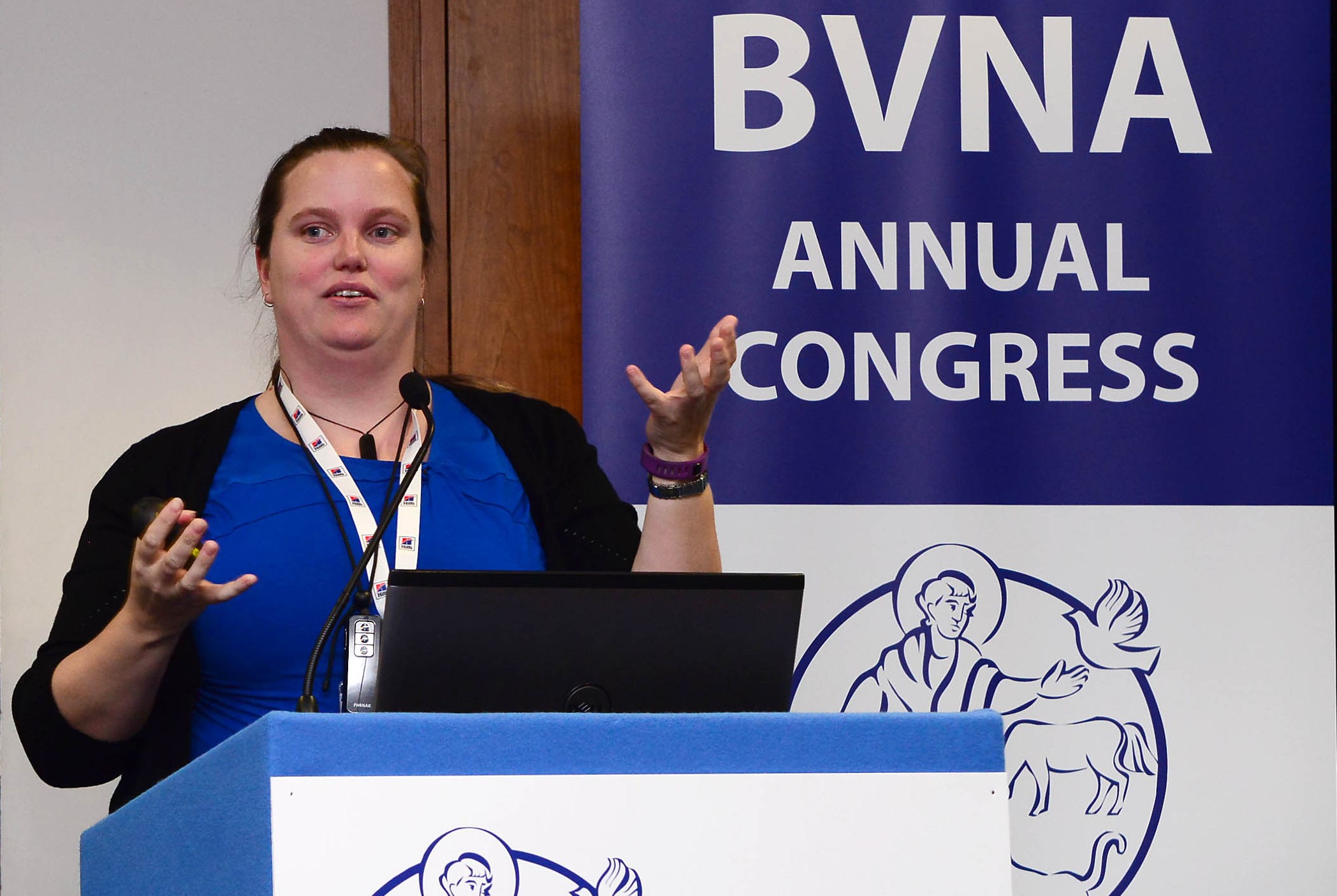Guest post by Associate Professor Diane Fraser
There are approximately 1500 veterinary nurses working throughout Aotearoa New Zealand in an occupation that is highly skilled, intense and demanding. Having had previous experience in the role of a veterinary nurse, Laura Harvey of Unitec’s School of Environmental and Animal Sciences (EAS) is well versed in understanding the pressures and expectations of this occupation. Together with her role as Academic Programme Manager for the EAS veterinary nursing programmes, Laura has had a vested interest in promoting veterinary nurses in their careers.
To achieve this, Laura published an article in The Veterinary Nurse journal comparing the registration requirements for five countries – the UK, Aotearoa New Zealand, Australia, the Republic of Ireland and the USA – to support veterinary nurses in working towards an international standardised approach to registration. Following on from this, Laura conducted and published research to inform both veterinary nurses and veterinarians about the clinical capabilities of veterinary nurses in Aotearoa New Zealand, and highlighted the discrepancy between the skills that veterinary nurses are trained in and the reduced use of these skills in clinics around the country. Arising from this, Laura perceived a need for the development of practical support mechanisms for veterinary clinics to utilise their veterinary nurses more effectively.
Since then, Laura’s research interest has transitioned into the area of compassion fatigue and the wider wellbeing of veterinary nurses in clinics in Aotearoa New Zealand. Due to the intensity and demands of working with animals and people, veterinary nurses often experience heavy workloads, little rest or downtime, and emotional stress within their roles. Laura’s research has provided a significant contribution to understanding the incidence and impact of compassion fatigue in veterinary nurses in this country, such that her research has shown that 94% of participants in an anonymous survey published in 2022 reported feeling stressed and 82% experienced compassion fatigue within their job. More disturbingly, 30% of participants reported that they consumed more alcohol, cigarettes and/or drugs as a result of this stress. Interestingly, in further research, Laura shows that this level of stress and compassion fatigue is similar to that of veterinary nurses internationally before the Covid-19 pandemic, revealing that Aotearoa New Zealand veterinary nurses coped well during the early stages of the pandemic in this country.
Having established the levels of compassion fatigue in Aotearoa New Zealand veterinary nurses, Laura is supporting a current Negotiated Research student in Unitec’s Bachelor of Veterinary Nursing, EAS, to examine the interventions that veterinary nurses see as being most supportive in their roles, and has gained funding for a pilot study to see how support mechanisms can be developed for veterinary nursing staff in the clinical environment.
I suggest that the veterinary nursing profession, and future veterinary nurses currently in study, are very lucky to have Laura working to support them in these stressful and demanding roles.





